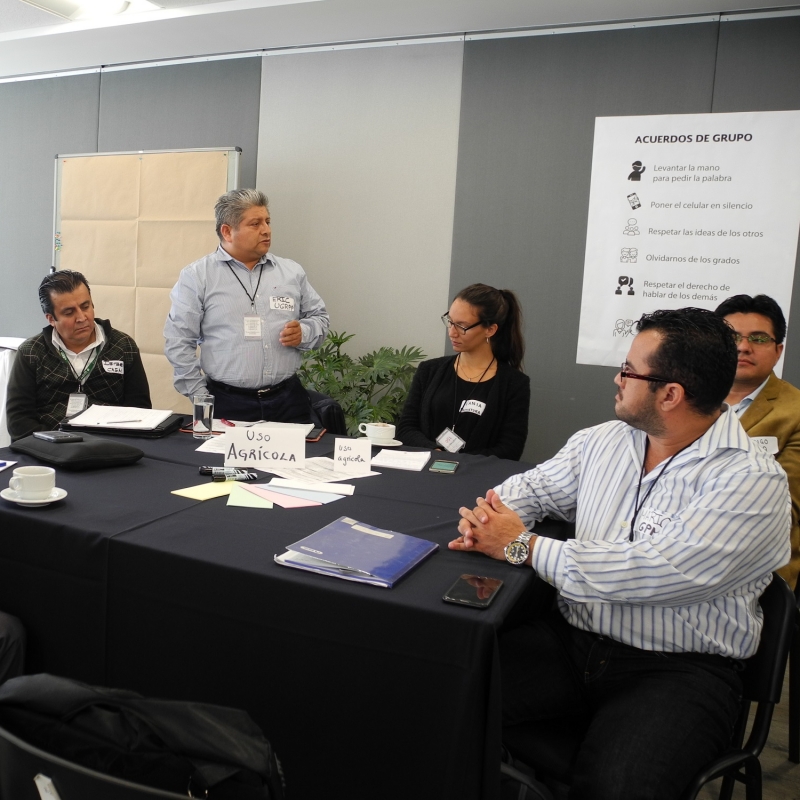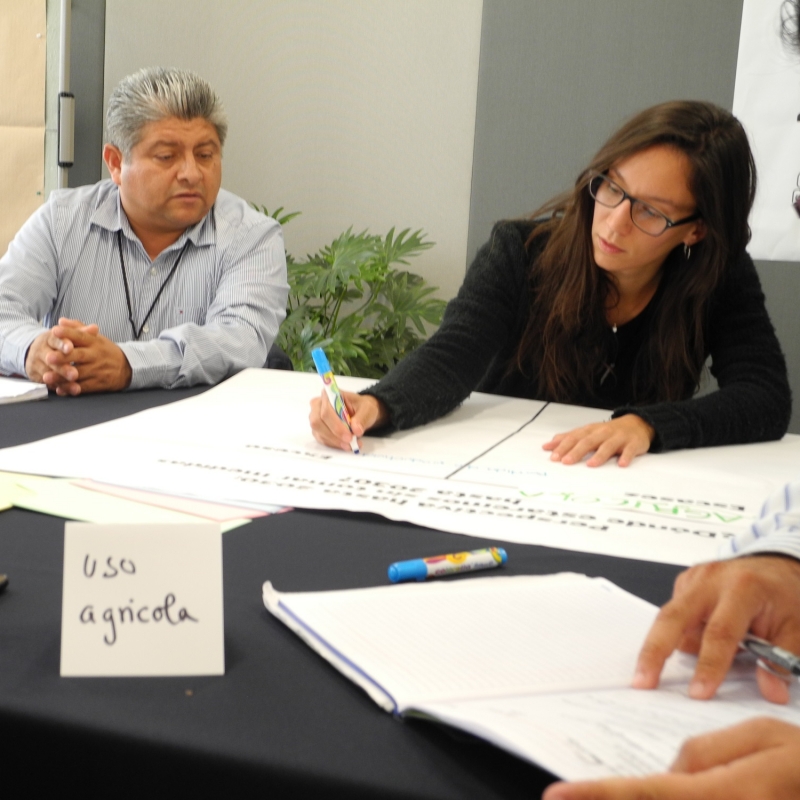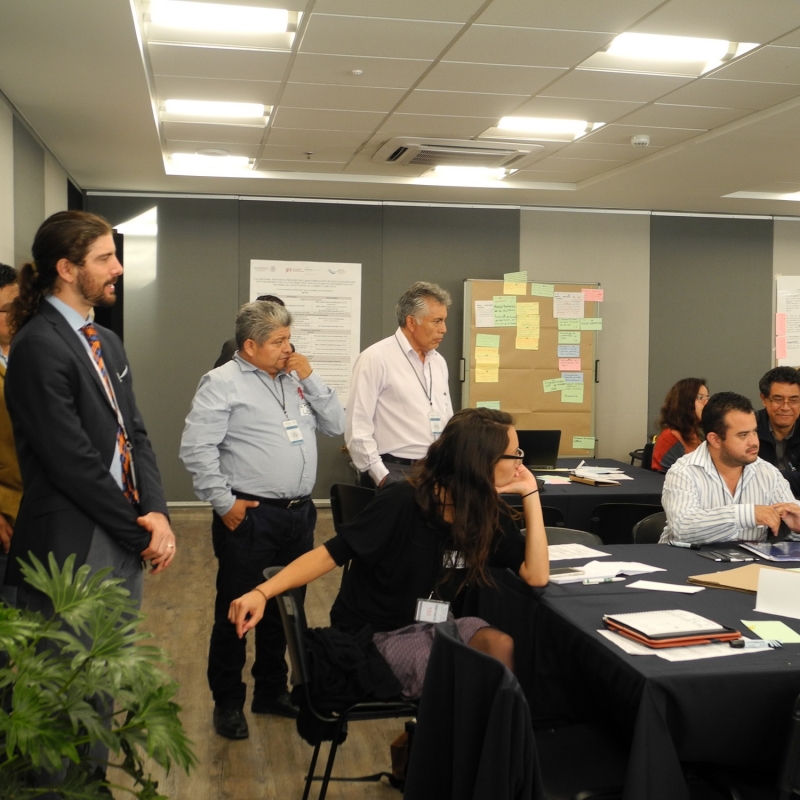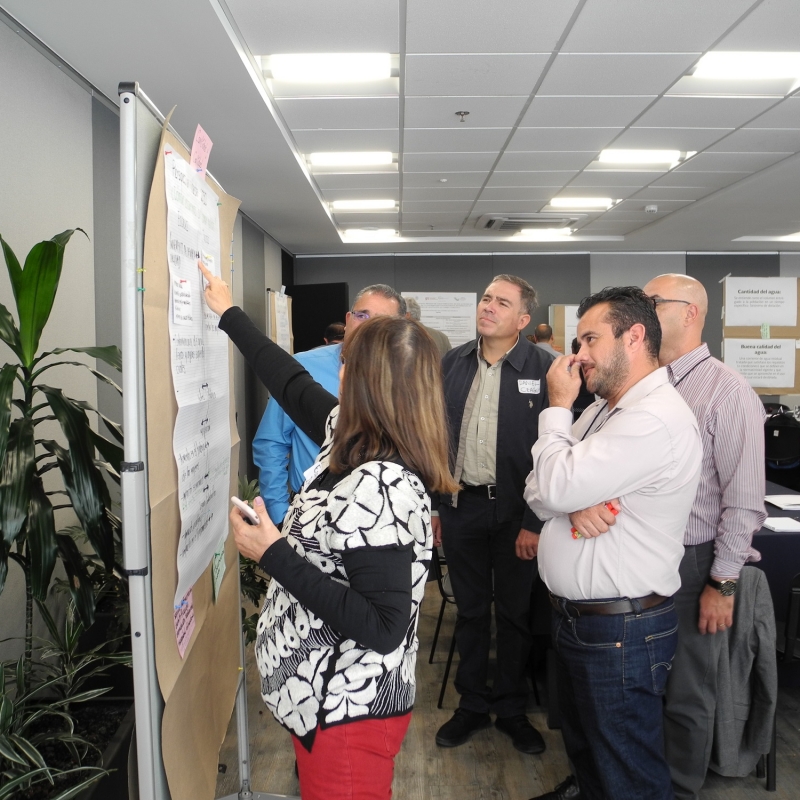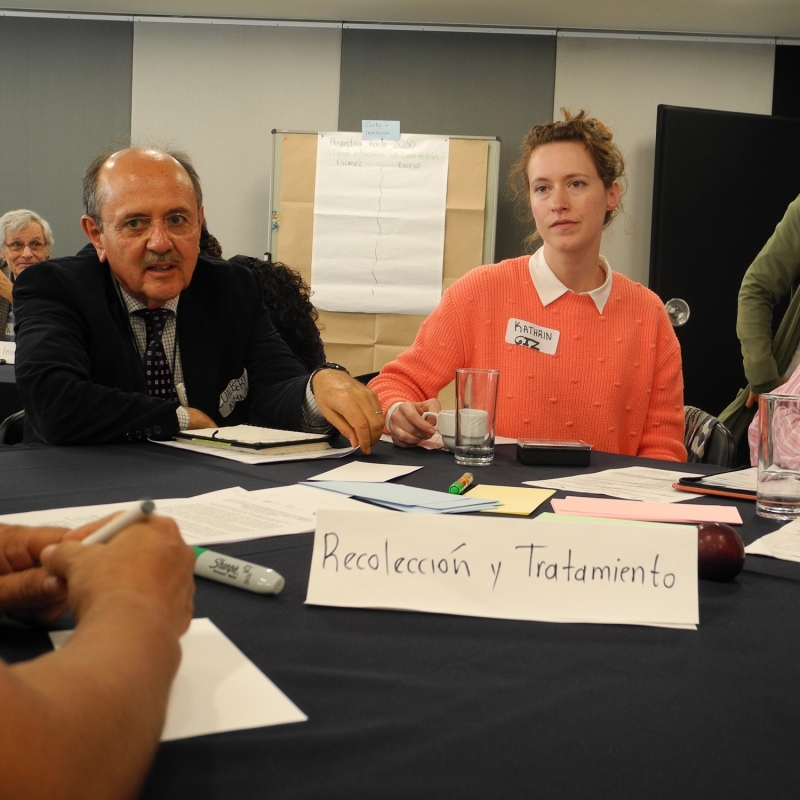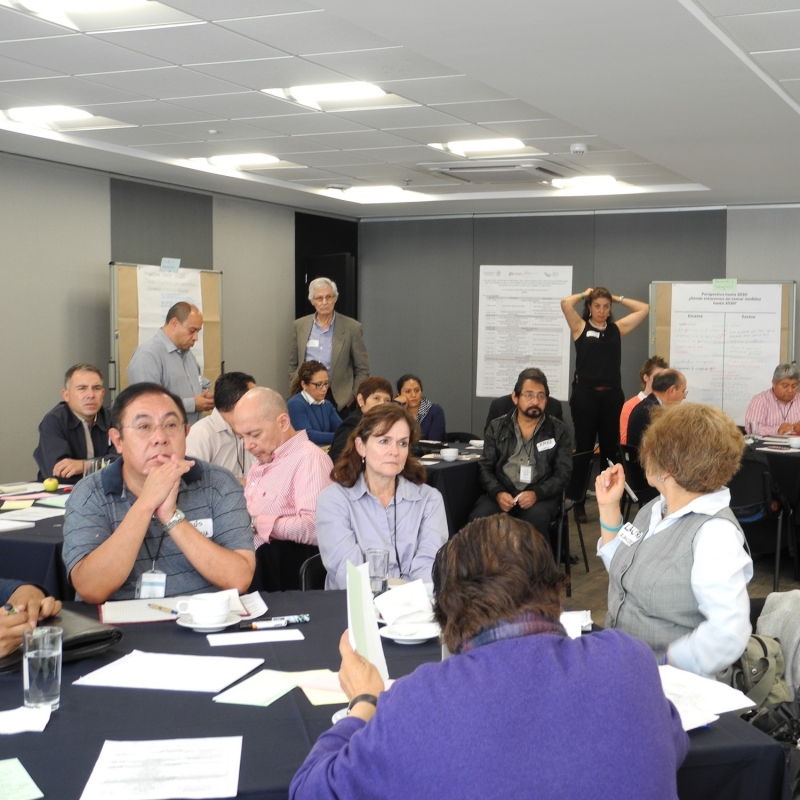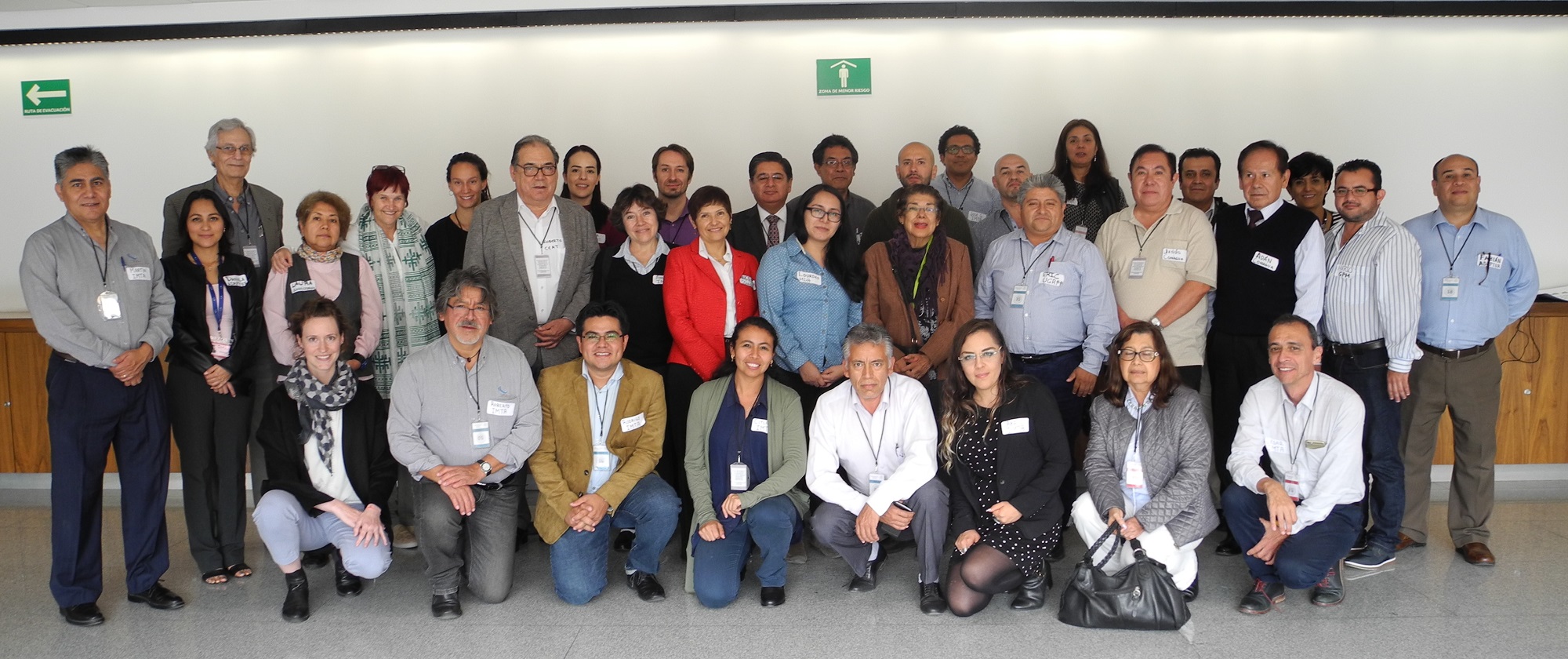Water resources are highly vulnerable to the effects of climate change, which is why Mexico’s commitments under the Paris Agreement reflect the importance of the water sector in climate change adaptation.
The Ministry of the Environment and Natural Resources (SEMARNAT) is currently preparing the implementation of the 21 adaptation actions described in its Nationally Determined Contribution (NDC) under the Paris Agreement. The Mexican-German Climate Change Alliance of the Deutsche Gesellschaft für Internationale Zusammenarbeit (GIZ) GmbH is supporting the ministry in this preparation and planning process.
In the context of adaptation in the water sector, SEMARNAT, in collaboration with the Mexican-German Climate Change Alliance and the Mexican Institute of Water Technology (IMTA), initiated a process to analyze the meaning of action number VI of Axis 2 of the NDC: “Guarantee the integral management of water for its different uses (agriculture, ecological, urban, industrial and domestic)” and action number III of the NDC Axis 3: “Guarantee urban and industrial waste water treatment, ensuring quantity and good quality of water in human settlements larger than 500,000 inhabitants and to monitor their performance.”
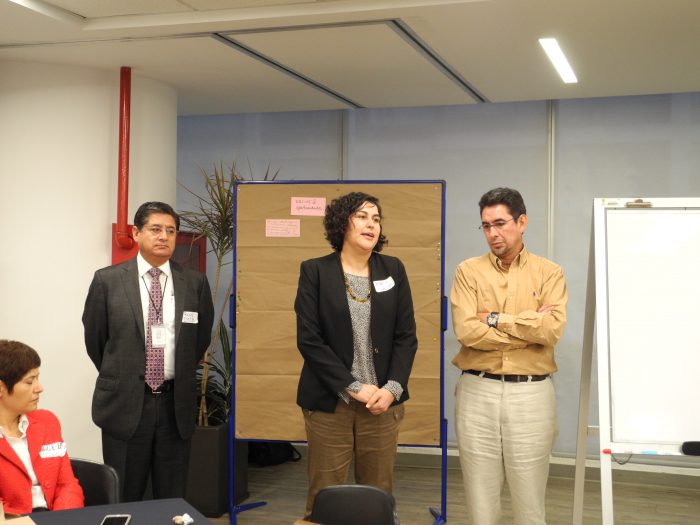
To study the initial results of this process, a workshop was held with representatives of the water sector. Specifically, the workshop participants discussed proposals for defining the different concepts of the two NDC actions. They posed the question: If we continue without taking action, what will be the situation in Mexico be like in 2030? and reflected on the likely outcomes of inaction. Some of the greatest concerns involved loss of biodiversity, changes in land use leading to possible social conflicts, effects on the economic and tourist environment, threats to food sovereignty, among others. Subsequently, participants proposed new objectives designed to avoid these scenarios. And based on these goals, they defined measures to achieve them and a roadmap for the two actions of the NDC.

